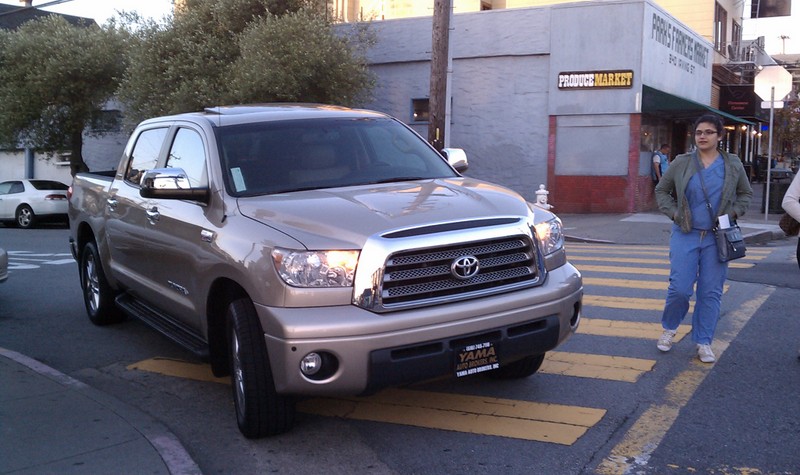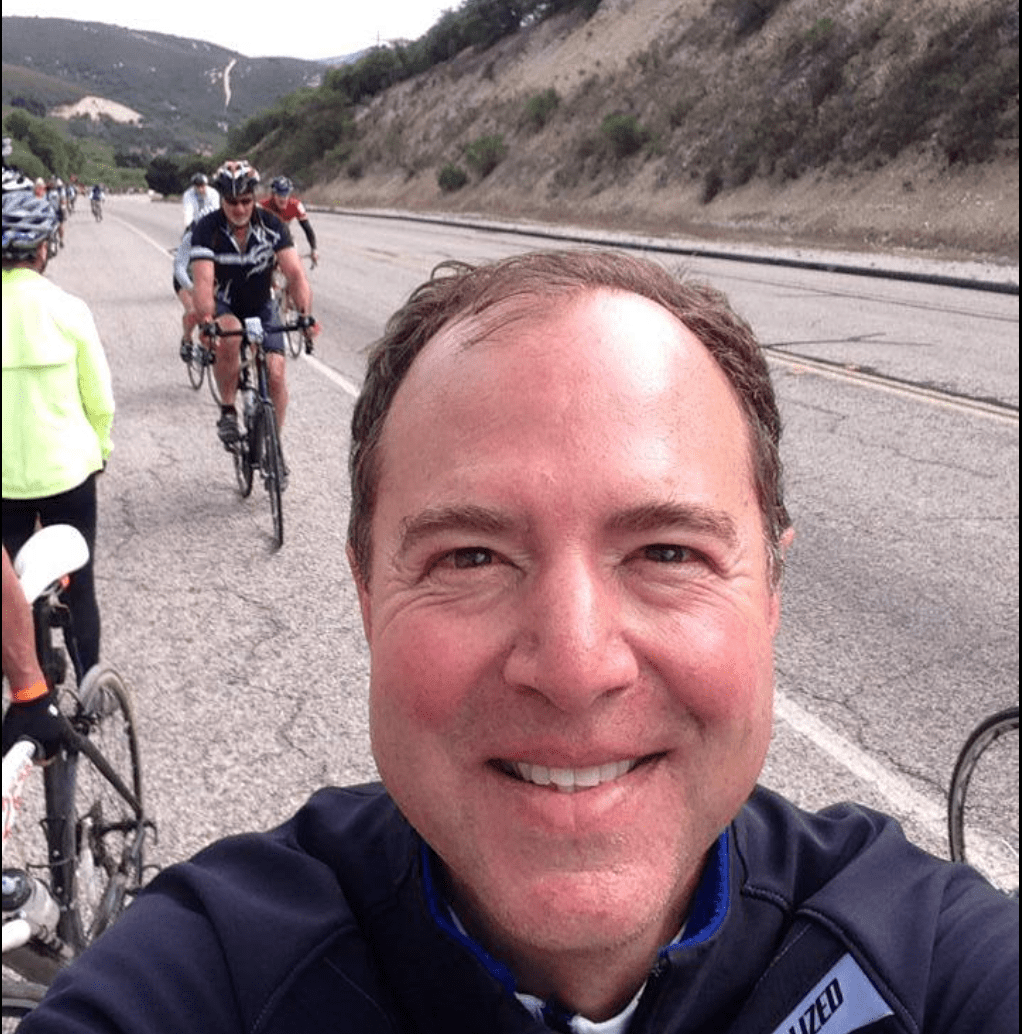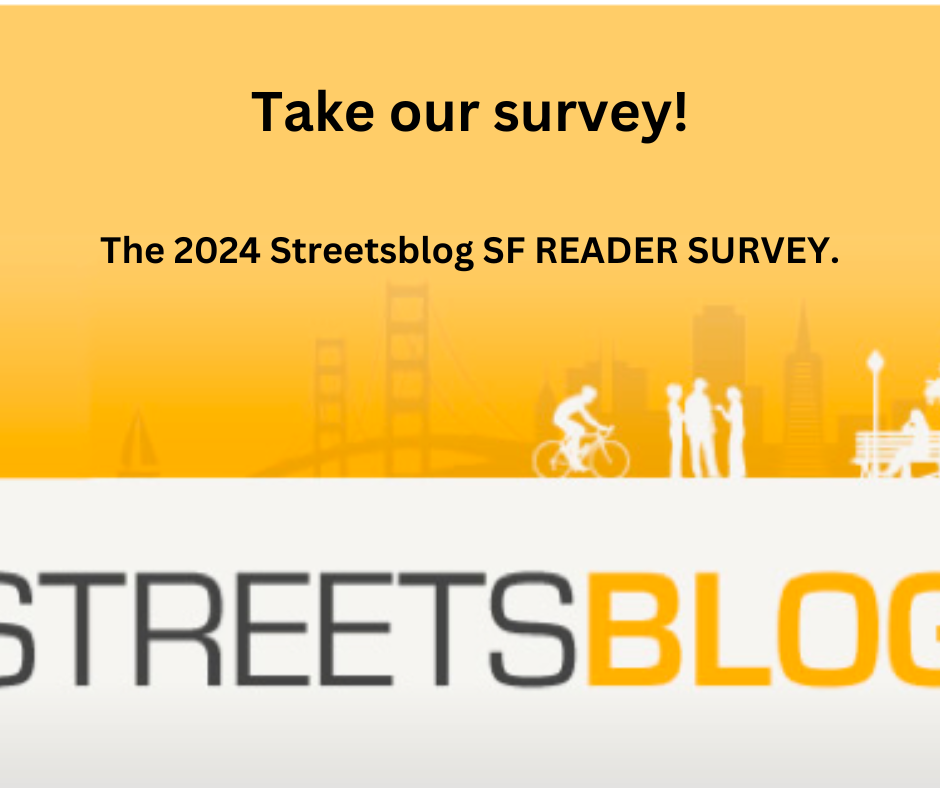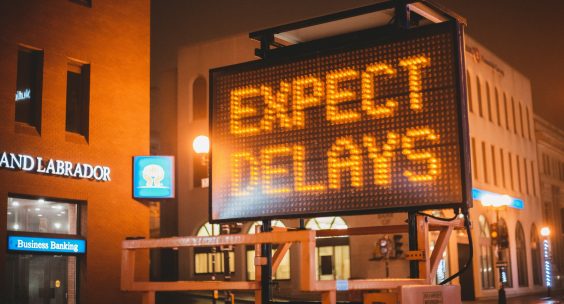To the Chron: Streets Work Better for All When Parking Laws Are Enforced
5:59 PM PDT on June 25, 2012
As you may have heard, there's a proposal on the table to increase parking enforcement and fines as the SFMTA grapples with a $14 million budget hole. Like clockwork, the San Francisco Chronicle came out with another windshield-perspective editorial bemoaning the city's determination to uphold parking laws.
As Streetsblog readers occasionally note, the SFMTA's budgeting process often leads the press to characterize parking enforcement as a revenue raiser, not good urban policy. And today's piece in the Chron is a good case in point: The paper glosses over the fact that enforcing parking laws maintains safe movement on our streets, instead deploying a batch of arbitrary numbers to plead, in essence, "Come on, can't illegal parkers keep getting a break?"
[San Francisco's Transit-First Policy] comes with a price, no secret to anyone who's walked back to a vehicle after running an errand that took a little too long. Tickets slapped on windshields cost more than ever - and the citations are going up.
To meet a projected $19.8 million shortfall over the next two years in the city's transportation budget, the governing agency wants another $6.5 million in ticket revenue. The city collected $86.3 million in fines in 2011.
Higher traffic tickets are sold as a way to ease traffic, keep Muni moving on crowded streets and create more curbside slots as wary drivers flee a flotilla of ticket-writing officers in scooters. But it's clearly something else: a traffic-enforcement tool that's being diverted to pay for the city's costly transit system.
Really? Let's start with the basic fact that illegal parking has very real negative impacts. Double parking slows Muni and endangers bicycle riders. Parking on the sidewalk and in crosswalks endangers pedestrians (particularly the elderly, disabled, and families with strollers) and degrades the walking environment. The lack of turnover at metered parking hurts businesses and forces more drivers to cruise for a spot, increasing air pollution, congestion, wear on our poorly-maintained roads, and -- full-circle -- double parking.
The Chronicle argues, absurdly, that illegal parkers should catch a break because they are already bearing the cost of the choice to own a car. They should consider everyone who pays the price for unenforced parking laws. Low-income residents, who tend to not own cars, disproportionately suffer these impacts on Muni, on the sidewalks, and increasingly on bicycles. That's because, as the data indicate, the choice to own a car in San Francisco is made disproportionately by the wealthy.
A 2010 study by the SF County Transportation Authority [PDF] found that the majority of drivers downtown in the morning peak period come from households making more than $100,000 per year. Fewer than 5 percent of those households made less than $50,000 per year. Also consider that 58.2 percent of SF households own one or zero cars (21.6 percent are car-free), according to the 2010 American Communities Survey [PDF].
Yet, while car owners can avoid frequent tickets simply by adhering to parking regulations, the Chronicle claims that increasing enforcement and fines on parking regulations is "unfair and a misuse of law enforcement powers."
And the piece finishes off with a list of numbers masquerading as meaningful analysis, intended to convince readers that "the parking odds are against you." The paper's smoking gun, apparently, is the fact that there are more cars in the city than on-street parking spaces. The authors conveniently omit the off-street spaces in garages and parking lots that bring the total number of publicly-accessible parking spots up to 441,541. And that doesn’t include any privately-accessible parking spaces -- a figure some parking experts have estimated could be as high as 800,000.
To gauge the city's needs for parking enforcement, we should be asking smarter questions than simply, "How many parking enforcement officers are there?" We should try to determine the rate of parking violations. How widespread is double-parking, sidewalk parking, and crosswalk blocking? And we should try to find out how much of those violations are being captured by current enforcement. Half? A quarter?
The fact that these parking violations are rampant -- and that much more could be done to deter them -- is no secret to anyone who walks around San Francisco. The city doesn't have to "sell" the benefits of enforcement at all.
Stay in touch
Sign up for our free newsletter




